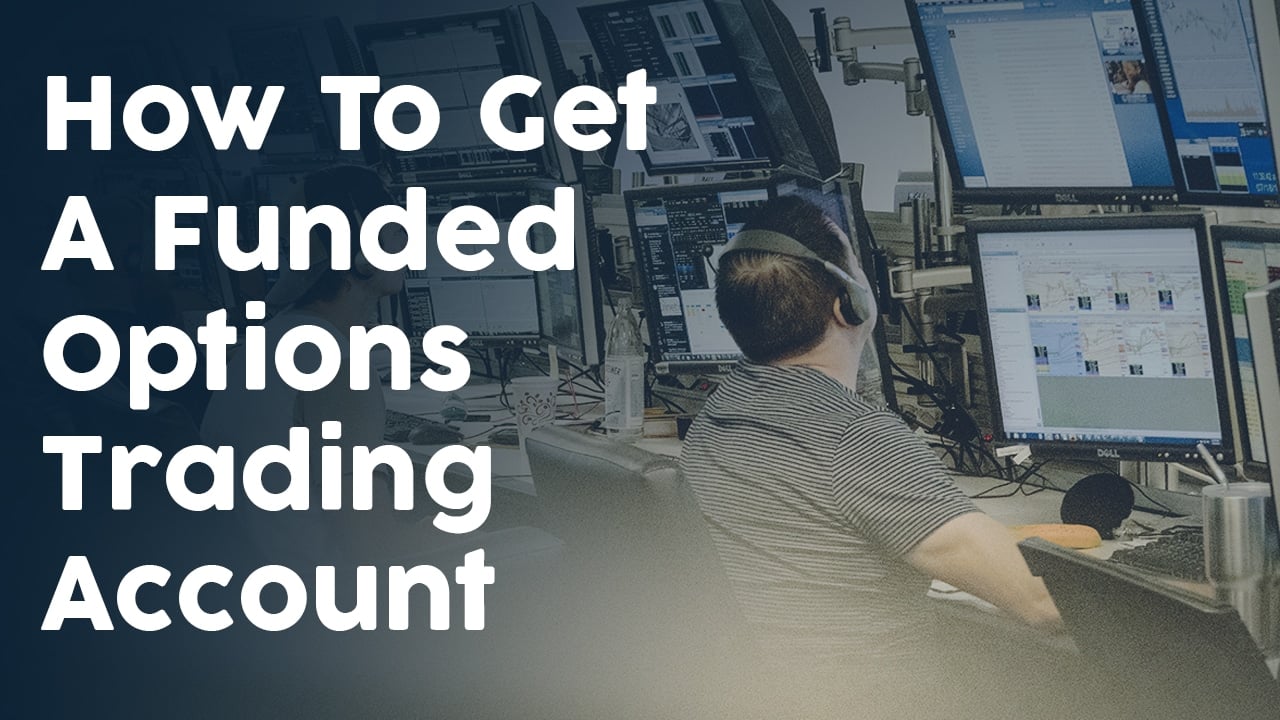The financial realm offers a diverse array of opportunities for investors seeking growth and income. One such avenue is options trading, which involves the buying and selling of financial contracts known as options. To engage in this complex yet intriguing market, investors require an options trading account. In this article, we delve into the intricacies of options trading accounts, exploring their significance, nuances, and the steps involved in opening one.

Image: www.smbtraining.com
Navigating the Options Trading Landscape
Options represent a type of financial contract that grants the buyer the right, but not the obligation, to buy or sell an underlying asset at a predetermined price on or before a specific date. Unlike stocks or bonds, options do not confer ownership of the underlying asset but rather provide the flexibility to capitalize on market fluctuations. This distinctive feature has made options a popular tool among investors seeking to enhance their portfolio’s performance or hedge against potential risks.
The Importance of an Options Trading Account
An options trading account serves as a gateway to the world of options trading, enabling investors to buy, sell, and manage their options contracts. Without such an account, individuals cannot partake in this dynamic market. Options trading accounts encompass various aspects, including margin privileges, access to trading platforms, and real-time market data. Understanding the intricacies of options trading accounts is paramount for navigating this market effectively.
The Mechanics of an Options Trading Account
Establishing an options trading account requires meeting certain criteria set forth by brokers. Typically, this involves providing personal and financial information, undergoing an account opening process, and depositing funds. Once the account is approved, investors can access the broker’s trading platform to place orders, view their positions, and manage their account activity.
Image: s3.amazonaws.com
Types of Options Trading Accounts
Options trading accounts come in various types, each designed to cater to specific investor needs. Cash accounts require investors to pay for purchased options in full, while margin accounts allow for leveraging by trading with borrowed funds. The choice of account type depends on factors such as investment strategy, risk tolerance, and capital availability.
Leveraging the Advantages of Options Trading Accounts
Options trading accounts offer numerous benefits for investors. They provide access to a wide range of options contracts, allowing investors to tailor their strategies to specific market scenarios. Additionally, options trading can enhance portfolio diversification, mitigate risks, and generate income through premium collection.
Understanding the Associated Risks
While options trading accounts provide opportunities for gains, they also carry inherent risks. Options have limited lifespans, meaning their value can decay rapidly. Additionally, leveraged trading can amplify losses, and unfavourable market conditions can result in substantial financial setbacks.
What Is An Options Trading Account
Conclusion
Options trading accounts provide investors with a gateway to the dynamic and potentially lucrative world of options trading. Understanding the mechanics and nuances of such accounts is essential for making informed decisions and maximizing the potential benefits while mitigating risks. Whether exploring growth opportunities, managing portfolio risks, or pursuing alternative income streams, options trading accounts offer a versatile tool for investors seeking to navigate the complexities of the financial markets.






